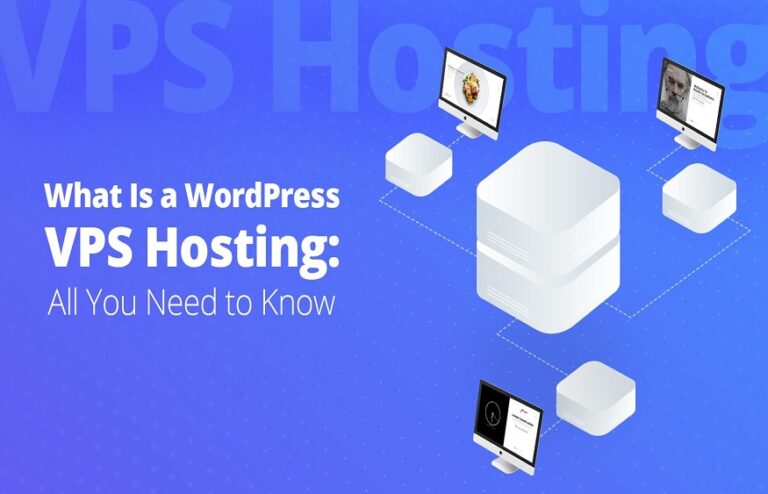
Unlock the Value of Your Digital Assets with NFT Gaming Platforms
The gaming world is revolutionising with the emergence of Non-Fungible Tokens (NFTs) and their associated gaming platforms. NFTs are unique digital assets used to purchase, collect and trade virtual items such as characters, weapons, skins and other in-game assets. By utilizing these tokens, gamers can now access new levels of engagement within their favourite titles while unlocking their digital assets’ potential value.
These gaming platforms are transforming how players interact online, fostering a community atmosphere where users can buy, sell or trade high-end virtual goods on secure decentralized networks. In the section below, we will explore how NFT gaming platforms are unlocking the value of digital assets.
Let’s get started.
An Overview of NFT Games
NFT games are digital games that allow players to own, trade and collect virtual assets known as Non-Fungible Tokens (NFTs). NFTs are stored on the blockchain and have unique properties, allowing them to be bought, sold and traded on exchanges. These games provide a new way for gamers to enjoy their favorite titles and make money by collecting rare items.
In NFT games, users purchase or win digital assets such as characters, weapons, skins, avatar accessories and even entire worlds. They can then use these assets in the game or trade them with other players. An NFT game development company can also create unique pieces of rare digital art, allowing players to own a piece of history.
How NFTs Enable Monetization in Gaming
One way that NFTs can provide a stream of revenue for game developers is through in-game purchases. By releasing limited edition or “collector’s edition” versions of their games, developers can set higher prices on these NFTs than on regular copies while still ensuring they remain in demand. This monetization can help game developers generate additional revenue while offering players the chance to own a piece of gaming history.
Another way NFTs allow for monetization is through player trading and auctions. Platforms like OpenSea, SuperRare, and CryptoKitties all make it possible for gamers to buy, sell, or trade their NFTs with other players around the world. This creates a vibrant marketplace where gamers can make real money by trading rare items they find in-game. Along with in-game purchases, this provides another way for game developers to monetize their games by selling digital assets.
Finally, NFTs allow developers to create unique experiences within their games that appeal to different types of players. By creating special NFTs that unlock exclusive levels or rewards within the game, developers can incentivise gamers to invest their time and money into their games. This keeps gamers engaged while providing a new stream of revenue for the developer.
Overall, NFTs provide many opportunities to monetize gaming experiences in ways that were not previously possible. Whether through in-game purchases, player trading, or unique rewards, these digital assets open up a world of potential for game developers and players alike. With the rise of blockchain technology, we are only beginning to see how powerful NFTs can be in driving innovation and profitability within the gaming industry.
Benefits of Using NFTs to Monetize Games
Here are some key benefits of using NFTs to monetize games:
- Increased Revenue Streams: With NFTs, developers can generate more revenue streams by enabling players to trade their virtual assets with each other and collect fees on each transaction. This provides a way to increase revenue without adding additional microtransactions or paywalls, allowing players to purchase merchandise through traditional means such as DLC or subscription services.
- Improved Player Engagement: NFTs create a sense of ownership and investment for players, who are more likely to stay engaged with the game if their progress is backed by something tangible. This helps developers keep players involved in the game while providing additional monetization opportunities through cosmetic or limited-edition items. Metaverse game development services can help in creating this type of engagement.
- Greater Visibility: By taking advantage of blockchain technology, games can enjoy greater visibility on the internet. This allows developers to promote their games and reach an even larger audience than before. Moreover, it allows gamers to promote their virtual assets across different platforms, which assists in generating interest in the game.
- In-Game Currency: Non-fungible tokens (NFTs) enable developers to create a special in-game currency which players can use to purchase various items, upgrades and other content. This incentivises gamers to keep playing the game instead of moving on to other titles as they have something tangible to invest their time into. This also adds replayability value as players are encouraged to explore different aspects of the game to earn more NFTs. Additionally, bitcoin mining hosting can complement these innovations by providing scalable blockchain infrastructure, ensuring seamless integration and robust performance for games leveraging NFTs.
- Secure Transactions: By leveraging blockchain technology, developers can be sure that transactions involving NFTs are secure and safe from fraud or tampering. This ensures that no one can cheat the system by manipulating data or taking advantage of vulnerable spots in the code. This adds an extra layer of trust between the developers and gamers, allowing the former to build a loyal user base.
The Bottom Line
NFT gaming platforms have revolutionised the way digital assets are stored and used, providing an efficient and secure way for gamers to trade and interact with each other. Whether it’s a rare item or memorabilia, an NFT gaming platform can help you unlock the value of your digital assets more quickly and easily than ever before.
With these platforms becoming increasingly popular, now is the time to take advantage of this exciting new technology.


















